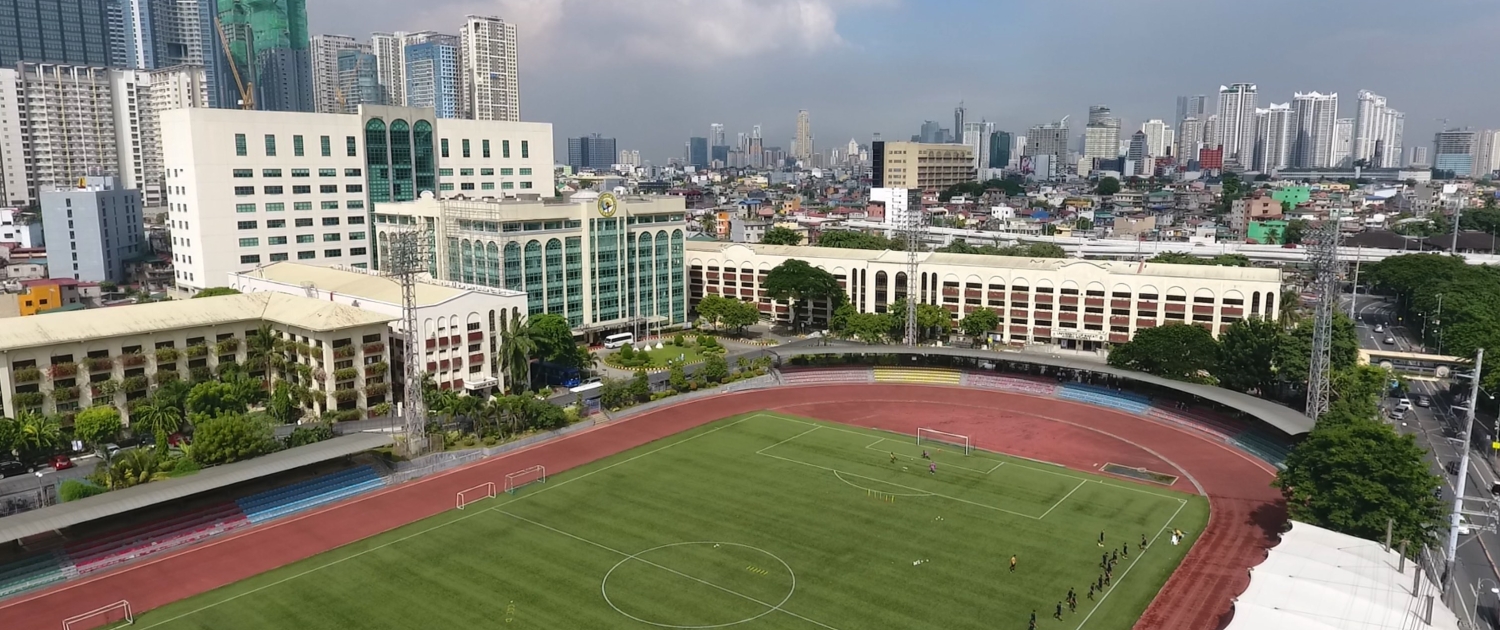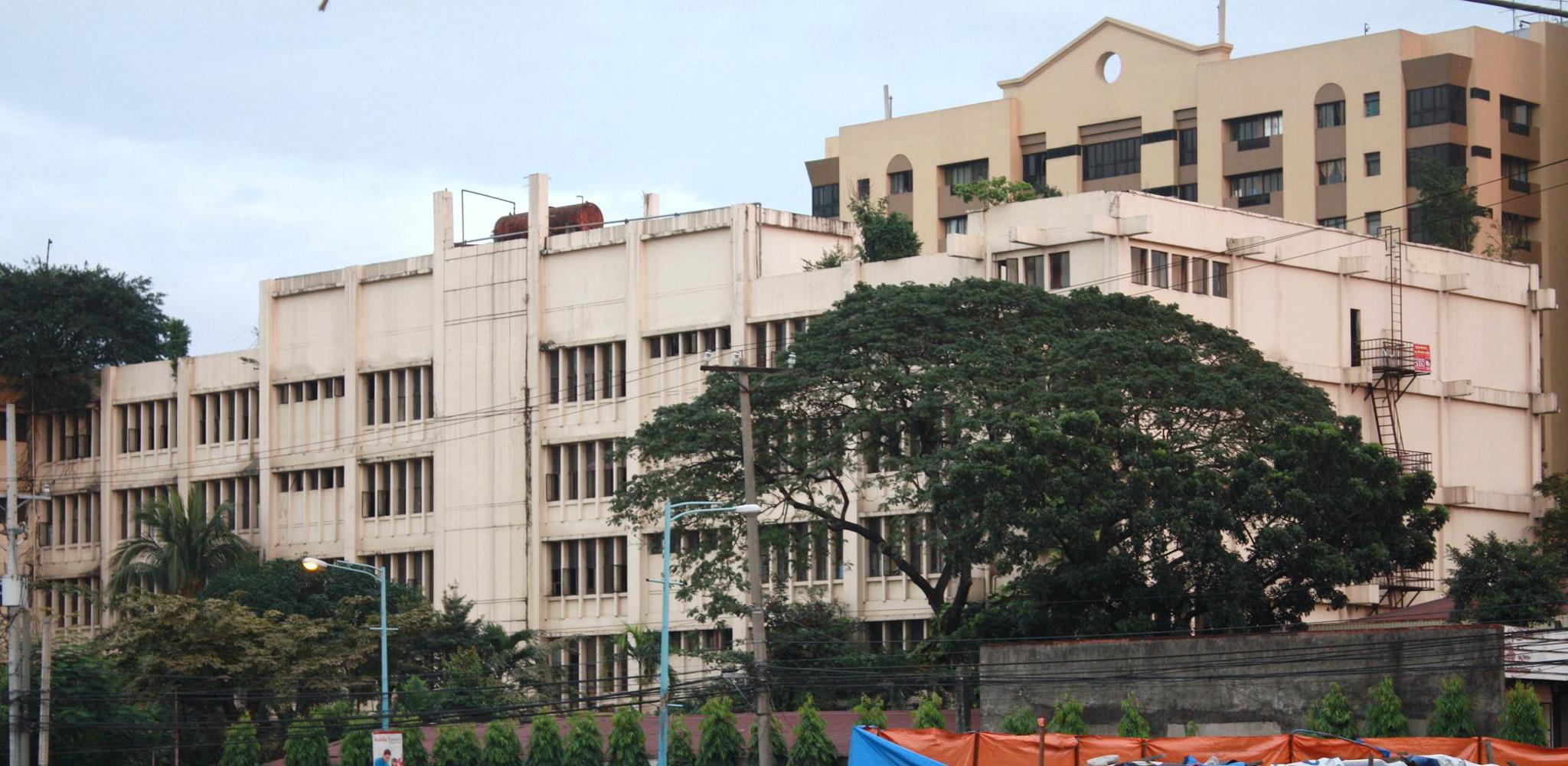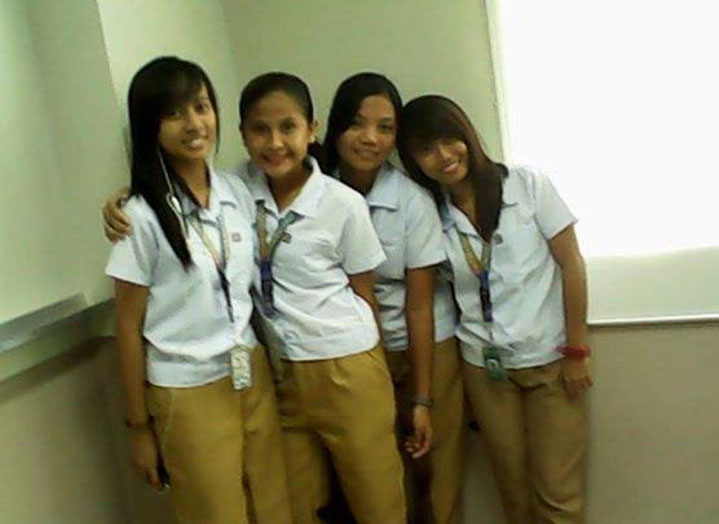The University of Makati’s journey more than 50 years ago.


Photo: “Fort Mc Kinley (Fort Bonifacio) Taguig, Metro Manila, Philippines, June 1, 1934” by War Department. Army Air Forces, US National Archives @ John Tewel is licensed under CC BY-NC 2.0 DEED. / University of Makati – Center for Integrated Communications @ Big Ace Photo Studio
On January 10, 1990, the former Fort Andres Bonifacio College, a special public college, was ceded to Makati College through a Memorandum of Agreement between the Municipality of Makati and the Philippine Army. Consequently, programs offered by FABC were integrated into the existing curricula of Makati College. Not long after, Municipal Ordinance No. 43, series of 1991 was passed renaming Makati College to Pamantasan ng Makati (PnM). A locally-funded university in Makati.
University of Makati Today
UMak has transformed to become a leading local university among the ALCU members. It continues to boast of its top-rated performance in the various board examinations, athletic competitions, competitions in the field of arts, and many more as well as its quest for excellence through ISO certification, accreditation and CHED recognition.
Photo: UMak




